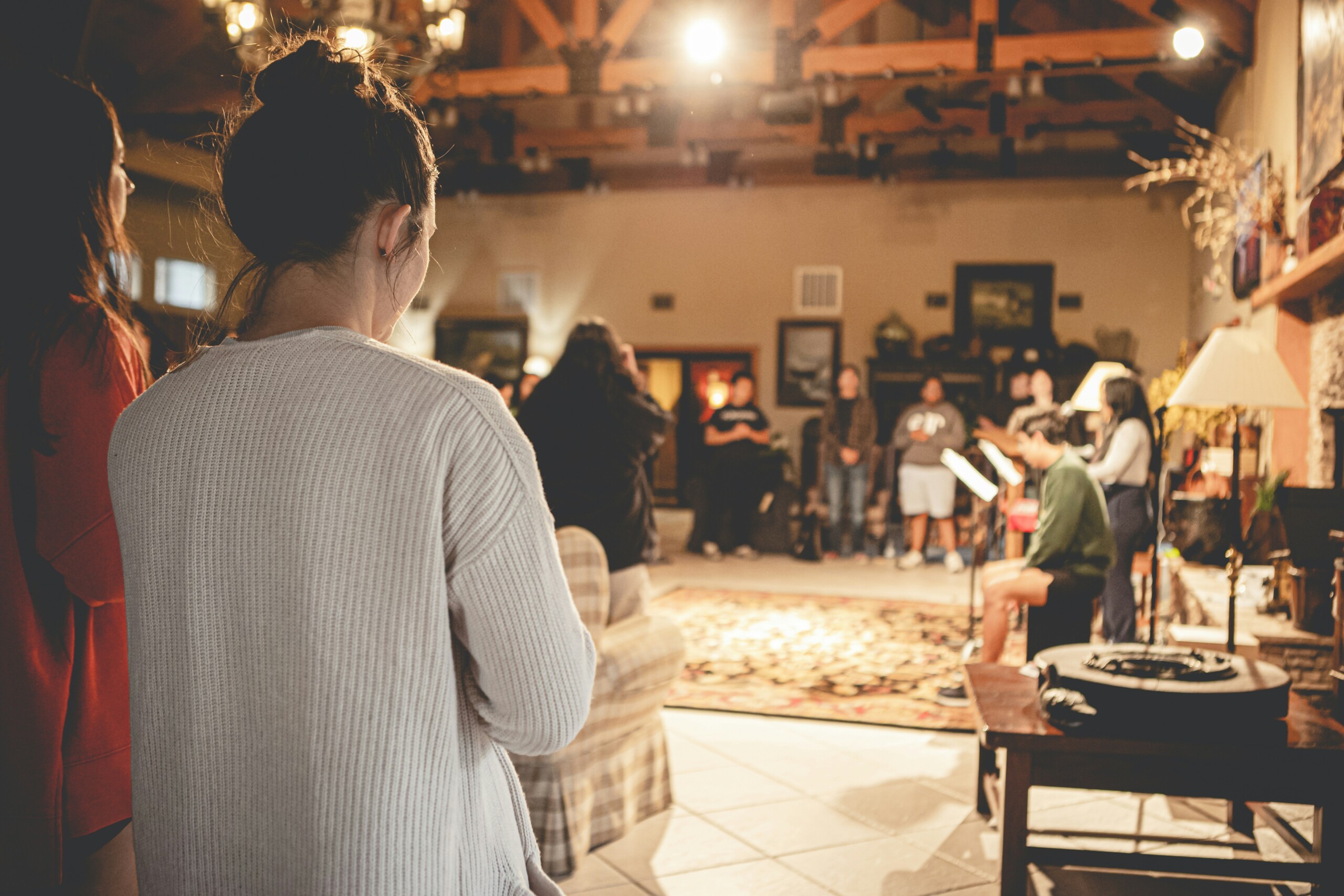Jessica was a biracial (white and Hispanic) graduate scholar in her late 20s pursuing her diploma in social perform. As we sat in my business conversing about how matters were heading throughout her very first semester her eyes started out to effectively up. She was doing her ideal to keep back again a flood of tears. She claimed I didnt occur to this school for the religious stuff. I came listed here mainly because I understood I could get a fantastic instruction. I indicate, I guess my relatives was Christian but we never went to church or nearly anything. Ive normally just considered myself additional non secular than religious. Getting right here is undertaking one thing to me however. Its unusual and puzzling but I think I need to start out checking out my faith a lot more. I dont really fully grasp whats occurring to me but I feel God is making an attempt to explain to me anything.
Jessica is what the Pew Investigate Center and other faith scholars simply call the nones. These are people who do not determine with any individual religious orientation. As an alternative, they think about them selves religious or may well believe that in a higher ability. On the other hand, they are not associated with any structured religious team and are unaffiliated with a faith local community. Currently, these men and women make up about 30% of the US inhabitants. Nevertheless, scientists are beginning to seem the alarm on the decrease in religious involvement amongst Us citizens. In fact, Pew indicates that by 2070 considerably less than 50 percent of the US population will be Christian. Moreover, only 30 percent of Individuals routinely go to religious companies. Together these info suggest that our culture is increasing increasingly unfamiliar with, and disconnected from, the Christian faith custom.
At the very same time our state is observing a drop in spiritual involvement, institutions of better schooling are bracing on their own for what is getting known as the enrollment cliff. The downward tendencies in larger instruction enrollment have by now begun, and quite a few Christian universities are feeling the blow in devastating methods. There are lots of theories and explanations for the decrease in both of those religiosity and higher education and learning enrolment that I wont dive into right here. Having said that, Christian educators should seek out to recognize the present traits so we can answer properly.
Despite the fact that the statistical forecast appears to be grim, I feel there is purpose to be hopeful (and perhaps even psyched) about the job Christian bigger schooling can engage in in introducing the nones to the truth of the Gospel of Jesus. We have the prospect to knowledge a revival unlike nearly anything weve ever observed before. Not only can we revive our institutions and rediscover our one of a kind purpose in the planet, but we are also very well-positioned to make an impression on the Kingdom of God since of our one of a kind positionality. We can lead to a revival of the Christian faith tradition in methods that church buildings cant. The actual problem is, are we ready and willing to do what it usually takes? I believe that that one main crucial to revival is our ability to fully grasp and connect with students like Jessica. We have to have to know whats foremost people in direction of a separation from faith (sometimes identified as deconstruction) and distance from spiritual corporations (termed dechurching). We need to welcome them into our establishments, introduce our faith to them in a relevant way, and link them to the ongoing non secular treatment and help a local church can offer.
Deconstructing Faith and Dechurching
There are numerous theologians, scholars, thinkers, and pundits composing about deconstructing faith and dechurching. If you do a Google search of these terms youre most likely to arrive throughout publications by pastors, films by opinionated YouTubers, and a host of blogs and podcasts. Nonetheless, the genuine research literature on these topics is sparse. In reality, I had an exceedingly challenging time locating higher-high-quality sociological or behavioral science investigate on these matters. Nonetheless, there are some common definitions and methods of knowing these principles that are noteworthy.
1st, deconstruction of religion is not a new phenomenon. In fact, more than 40 a long time ago Fowler created his 7 phases of religious progress which include things like the individuative-reflective stage. In this phase, people usually glance outside their very own learned beliefs and start off to inquire thoughts and detect contradictions. This can be a really agonizing phase as aged strategies are challenged and quite possibly rejected. On the other hand, faith can be strengthened through this phase as beliefs develop into more explicitly and individually held relatively than an unexamined belief centered on what theyve been taught. Today we phone this deconstructing faith the encounter that some individuals (specifically young men and women) have when they dilemma their childhood faith, religious institutions, and spiritual leaders. The phrase exvangelical has emerged to describe all those who were lifted in the Evangelical Christian custom but have considering that rejected it, turning to other Christian traditions, other religions, or leaving the religion completely.
Dechurching is a distinct, but interconnected phenomenon. This captures folks who have left the establishment of the church but have not always remaining their religion. This team is nicely captured in the Pew Study facts that reveals a decrease in organizational religious involvement between those people who identify as Christian. We discover dechurching tendencies across the nation and throughout demographic profiles. For instance, even though African Individuals continue to be the most spiritual team in the nation with 46% attending church at minimum at the time a week, latest data signifies that costs of arranged religious involvement among this team have fallen and are probable to proceed to fall.
What does all this have to do with Christian higher instruction? The truth is that we are ever more most likely to have college students at our establishments and in our classrooms who identify with 1 or both of those of these experiences. You may possibly have presently started out to see this transpire. In times past, 1 could believe that the students who selected to go to a Christian college did so for the reason that they were being Christian and needed to grow in their faith when pursuing their vocation. We could have assumed in the previous that most of our learners were being church associated in some capacity and experienced at least some familiarity with the Gospel information and the Christian tradition. However, information indicates that this is no for a longer time the scenario and it will very likely develop into significantly uncommon to have students with a Christian background at our universities. As a result, Christian universities will either continue to shrink and die or we will put together for revival and come across approaches to bring in and welcome the nones.



